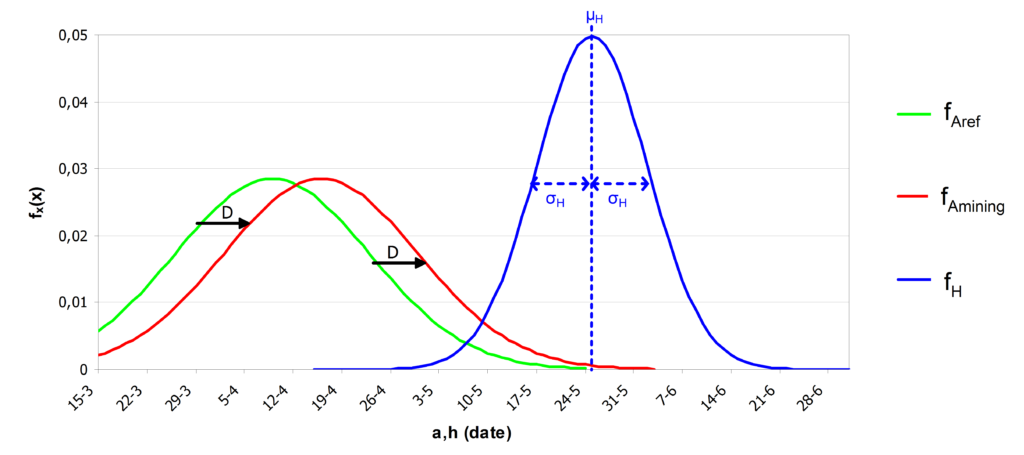Overview
The quantification of ecological effects in Environmental Impact Assessments is mostly done by deterministic modelling of cause-effect chains. However, these cause-effect chains are subject to a large number of uncertainties. Part of them are inherent to natural dynamics, others are caused by a lack of knowledge on the relevant processes. In a deterministic approach, these uncertainties cannot be taken into account and worst-case assumptions have to be made. The accumulation of worst-case assumptions will yield highly conservative estimates of the ultimate effect with an unknown uncertainty margin. A probabilistic approach treats uncertainties differently, which enables incorporating the most relevant ones in the modelling of the ecological effects. A probabilistic approach leads to insight into the probability of occurrence of the possible effects, which can be of use in discussions about the design of the project or the necessity of mitigating and compensating measures.
Type: Method
Project Phase: Planning & Design, Construction, Operation & maintenance
Type of assessment: Impact Assesment
Purpose: Assessing the probability of occurrence of adverse effects, to complement deterministic models
Requirements: Ecological knowledge
Relevant Software: Statistical programmes (eg. R)

